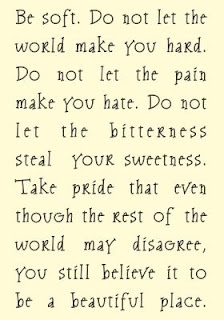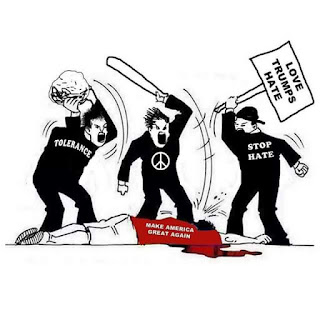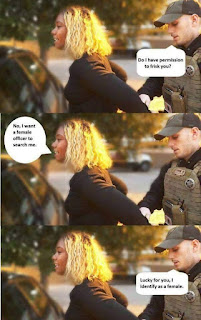Venezuela Protest Wednesday October 26th.
Speeches given on Wednesday October 26th.
Henrique Capriles y el Balance en La Toma De Venezuela; Weds. Oct. 26.
The Wall Street Journal, USA
written by Kejal Vyas and Anatoly Kurmanaev
Wednesday October 26, 2016
CARACAS, Venezuela—The country’s political opposition called for a nationwide strike as more than 100,000 protesters took to the streets on Wednesday to demand a referendum against Venezuelan President Nicolás Maduro and denounce his government’s growing authoritarianism.
With the oil-dependent economy in a downward spiral, Mr. Maduro’s detractors urged Venezuelans to stay home on Friday for a 12-hour general strike, raising the ante on the Socialist government.
The opposition said it was giving the government until Nov. 3 to enable a referendum this year to potentially oust Mr. Maduro—as permitted by the constitution—or else they will march that day to the Miraflores presidential palace in downtown Caracas, a hotbed of government loyalists where the opposition has been largely prohibited from gathering since 2002.
That year, demonstrators clashed with supporters of Mr. Maduro’s predecessor and mentor, the late Hugo Chávez, leaving 19 people dead and briefly deposing the leftist leader.
“We’re going to Miraflores to demand Maduro’s resignation,” said Henry Ramos, head of the National Assembly. “We’re going to declare his unconstitutionality in the streets.”
Many of the opposition’s top leaders also said they wouldn’t participate in coming talks with the government meant to defuse the political crisis. Those talks are scheduled for Sunday on the resort island of Margarita, with the Vatican serving as a mediator.
“Venezuela’s political crisis is set to enter a new phase,” said Risa Grais-Targow, an analyst with risk consultancy Eurasia Group, adding that the government is likely to do all in its power to impede protesters “including using violence and repression if necessary.”
At least 43 people died during a wave of protests in 2014, mostly protesters shot by security forces and armed government supporters. Since then, the opposition has struggled to mobilize people despite the rapid deterioration of the economy. But in recent months, however, turnout at protests has grown.
In Caracas on Wednesday, protesters blocked the main highway crossing the capital, chanting “no to dictatorship, yes to democracy.”
“I can’t bear this government any longer,” said Luis Ginori, a 51-year-old Caracas liquor merchant who braved the streets just three days after back surgery. “We have to take risks to create change.”
Former presidential candidate Henrique Capriles, a moderate within the opposition who didn’t support the 2014 street protests, also took a harder line against the government, saying it had lost its legitimacy.
“We as Venezuelans needs to start thinking of the day after Maduro resigns,” Mr. Capriles told protesters in Caracas. “This government has already lost what is most important: the people.”
As of Wednesday night, the rights group Penal Forum said it had documented more than 100 arrests around the country and dozens of injuries, many from rubber bullets that security forces used to disperse protests.
Three opposition supporters received gunshot wounds in the Western city of Maracaibo after an attack by pro-government supporters, according to witnesses and family members. A 19-year-old student, Pedro Luis Medina, was in critical state in the hospital with a bullet lodged in the stomach, family members said.
The protests came a day after the opposition-controlled congress voted to start legal proceedings to remove Mr. Maduro from power after his government indefinitely suspended an attempt by the opposition to remove him via the recall referendum.
The legislature’s move was mostly symbolic because the Supreme Court, which is allied to Mr. Maduro, has banned the congress from passing any laws or measures.
Mr. Maduro, who has overseen the country’s deepest recession in decades, responded to Tuesday’s vote by calling it a parliamentary coup, and called all top public officials, including Mr. Ramos, to an emergency meeting in Caracas on Wednesday afternoon. Mr. Ramos didn’t attend.
“They are repeating the 2002 scheme completely,” Mr. Maduro said at his own rally in downtown Caracas on Wednesday, referring to the coup.
So far, Mr. Maduro appears to have the full backing of the armed forces, which were widely purged after the 2002 coup. In a speech made in full combat fatigues on Tuesday, the head of the Armed Forces, Vladimir Padrino, pledged his loyalty to the president and attacked the opposition.
“They want to overthrow the lawfully established government of Nicolás Maduro,” he said.
The large scale of Wednesday’s protests took many observers by surprise, underlining the citizens’ deep frustration with Mr. Maduro’s handling of an economic crisis and the suspension of what many here see as their last remaining democratic rights.
In Maracaibo, several thousand protesters surrounded the main court building, demanding the right to recall the president. In Puerto Ordaz in the east, protesters took over the Iron Square, a traditional pro-government rallying point.





































No comments:
Post a Comment